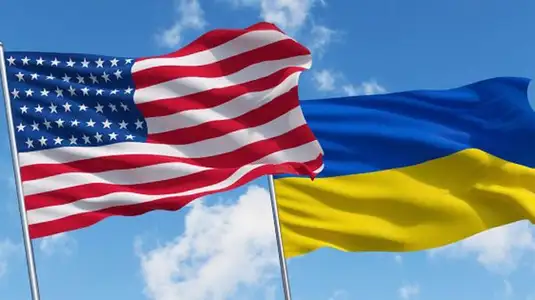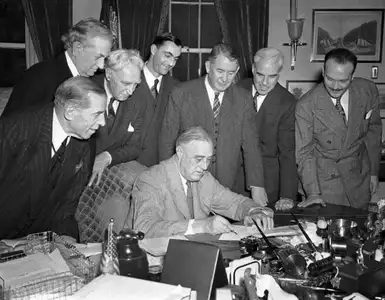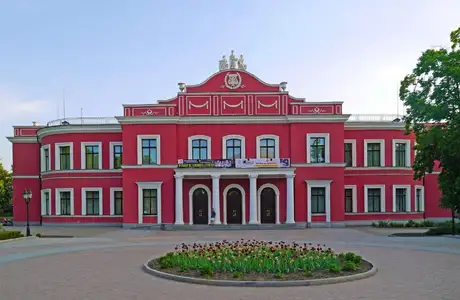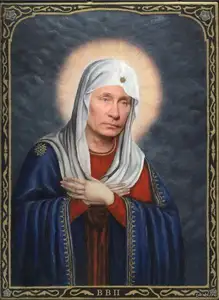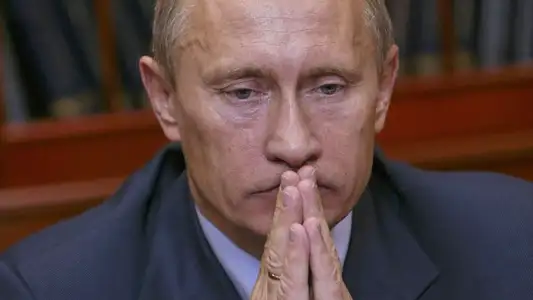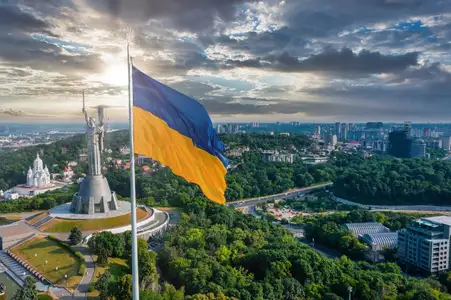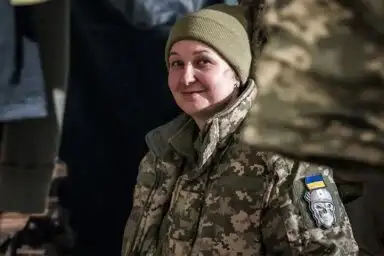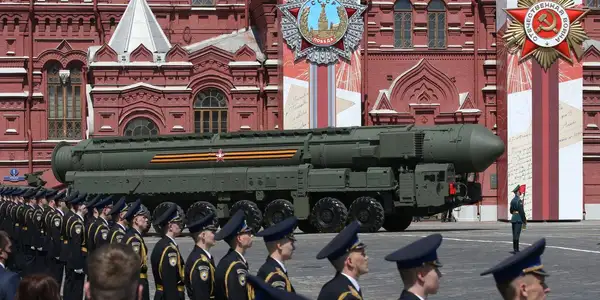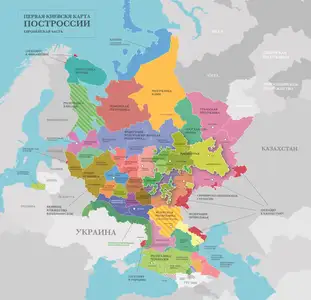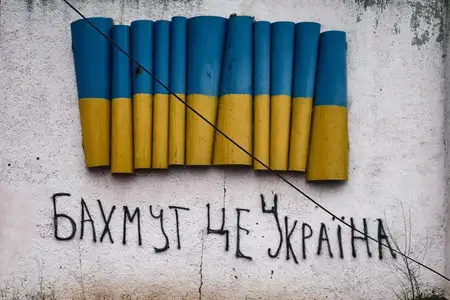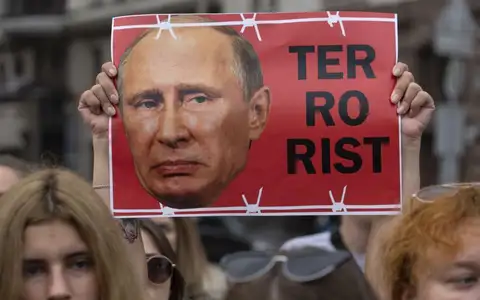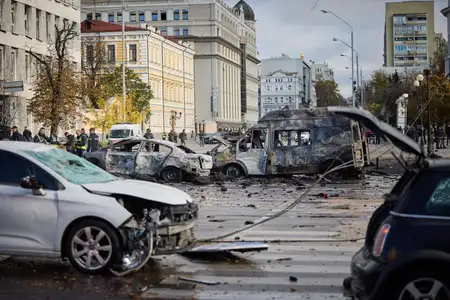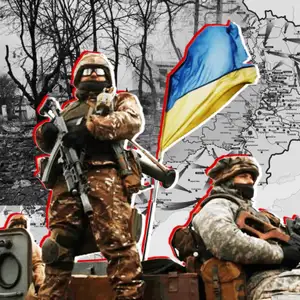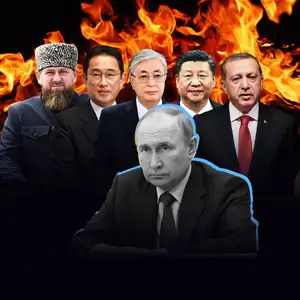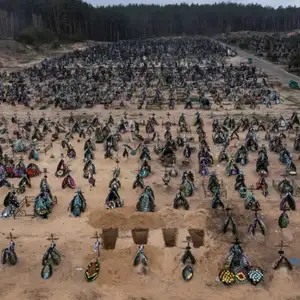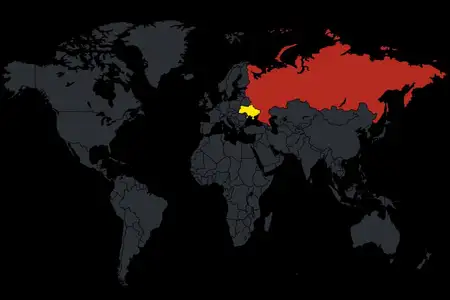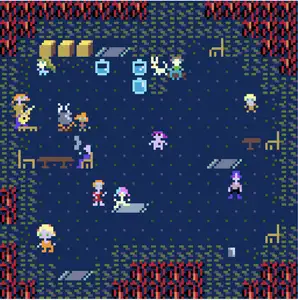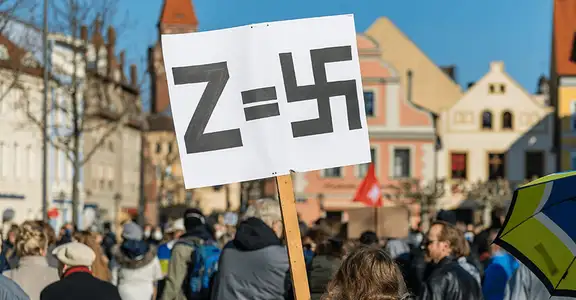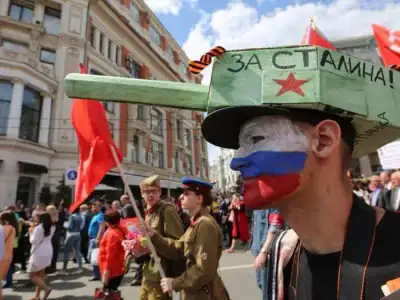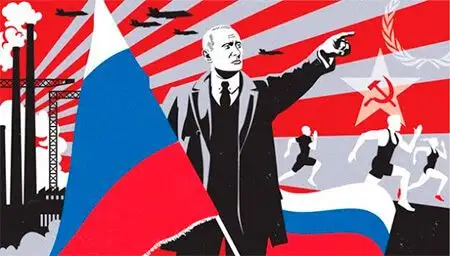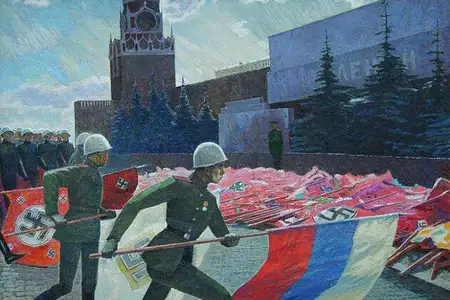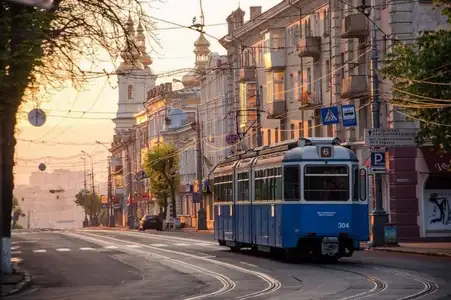One of the first horror writers was Ukrainian
We continue the series of stories about outstanding artists of Ukrainian culture from the perspective of the war with Russia. Today we will talk about the writer, who is famous worldwide. He was one of the first founders of the horror genre, based on the tales and legends he collected personally. But let’s move from words to deeds because our guest is Academician Prof. Rostislav Kolomiets. Believe me, today’s story will excite you!
Today, when Putin’s hordes are destroying Ukrainians and everything Ukrainian in their homeland, the figure of the world-famous writer, playwright, and publicist Nikolai Gogol takes on a special significance. The fact is that the Putin regime destroys and appropriates everything foreign to its “empire” — territory, cultural values. And so it happened that, following the great-power policy of Russian czarism, the policy of the USSR — and Putin is the successor of this cause — one of the world’s most famous Ukrainians, Nikolai Gogol, was proclaimed and “immortalized” as a great Russian writer.
Yes, he wrote in Russian while living in the Russian Empire, where this language was official and gave him the right to publish. So what of it? Frederic Chopin lived all his life in France and is revered as a great Polish composer. Franz Liszt did not speak Hungarian properly but is recognized as a great Hungarian composer.
But let’s start at the beginning and in full voice. Gogol comes from an ancient Ukrainian Cossack family whose forefather was the hetman of right-bank Ukraine, Ostap Gogol. His father, Vasily Gogol, was a playwright who wrote plays in Ukrainian. His most famous plays, “The Sheep Dog,” “The Simpleton, or the Cunning of a Woman Outwitted by a Soldier,” were staged by him as the manager of the Ukrainian landowner Troshchinsky’s estate and the organizer of the home theater. His mother, Maria Gogol-Yanovskaya, vowed to name her future son Mykola in honor of the miracle-working icon of Nicholas the Wonderworker of Dikan’. Gogol’s grandmother, Tatyana Semyonovna, instilled in the boy a love for the Ukrainian language and a sense of the charm of the Ukrainian word. And Ukrainian nature: “Do you know the Ukrainian night? Oh, you do not know the Ukrainian night! Look closely at it. From the middle of the sky the moon is looking…”. Read for yourself
Collected miraculous medicinal herbs. Gogol also collected Ukrainian legends about mermaids and witches. All his life he adored eating borsch, vareniks, galushki, lard, sauerkraut…
In three years, he could read and write; at five, he began to compose poems. In the gymnasium, according to stories of his gymnasium mates, he wrote a comedy in Ukrainian, which was played in amateur gymnasium theater, where he was both director and dramaturge-decorator. Unfortunately, they have not survived. He is fond of collecting Ukrainian folk songs and proverbs and preparing materials for the Ukrainian-Russian dictionary. Later he wrote about the Ukrainian song: “If our people did not have such a treasury of songs, I would never have its history because I would not understand its past.” “Ukrainian songs are my joy, my life, how I love you, all the cold annals in which I now dig, wither before these lively ringing chroniclers. Ukrainian songs are folk history, lively, colorful, truthful, which reveals the whole life of the people.” He wrote “History of Ukraine” from the point of view that, as he wrote to his friend, the ethnographer Maksimovich, “Kyiv is ours, not theirs, isn’t it…?
In Gogol’s family, his friends spoke exclusively Ukrainian. In a letter to his mother, Gogol complained that he wished so much he could write his works in Ukrainian… But he usually wrote in Russian. Otherwise, it was impossible to break into great literature. Moreover, Gogol’s works were translated from Russian into almost all European languages. That’s why, for the first time, millions of Europeans learned about Ukraine from Gogol. — millions of Europeans learned about Ukraine and fell in love with the Ukrainian people, customs, traditions, and culture. It’s enough to remember his “Evenings on a Farm near Dikanka,” “May Night,” and “Viy” written in Gogol’s specific Russian language filled with Ukrainian words and expressions with half-poetic, half-mystical content. These Ukrainian works inspired great Russian composers to create operas still performed in theaters today: Modest Mussorgsky’s Sorochinskaya Yarmarka, Pyotr Tchaikovsky’s Cherevichki, Nikolai Rimsky-Korsakov’s May Night, Dmitry Shostakovich’s Nos. And what to say about Taras Bulba, the heroic epic of Ukrainian history, recreating the struggle of the Ukrainian people for independence. In the movie based on this work, the best Ukrainian actor of the 20th century Bohdan Stupka, despite the Russophile script, created an unforgettable image of the Ukrainian hero. Georges Simenon and Alberto Moravia were fascinated by the works of the great Ukrainian Gogol. Ernest Hemingway called Taras Bulba a masterpiece of world literature.
For all that, Gogol was open to the great Russian writers: he was friends with Pushkin and Zhukovsky. And they reciprocated his feelings. For example, Pushkin gave Gogol the plot for “Dead Souls” and “The Government Inspector.”
What I want to emphasize: the paradoxical realism of Gogol consists in the fact that praising the Ukrainian people, he at the same time reveals the Russian social community, where thieves flourish, where bribe-takers, where women do not act out of love, but out of the calculation, where the “little man” is degraded and brought to a powerless position.
After the play The General Inspector was staged, Gogol was criticized, saying that he represented some disadvantages of Russian life as typical manifestations of life in the Russian Empire. Emperor Nicholas 1 said unequivocally: “What a play: everyone suffered, but me — more than anyone. Gogol’s printing stopped, and he spent several years abroad — in Germany, Italy, Switzerland, Jerusalem. He especially liked it in Italy, where he wrote “Dead Souls.”
Gogol’s life was full of riddles and ambiguities, which world science has not yet solved. And he liked to put on fog around himself. For example, he was not married and had no children about his relations with women, but was he really a virgin? Did he burn the second volume of “Dead Souls” about his manuscripts? And with his death — for 11 years, he slept sitting up, afraid not to be buried alive, although he died relatively young — at 43…
One thing is clear: Nikolai Gogol has gone down in the history of world literature forever as a great Ukrainian writer.
Gogol made Ukraine famous and showed Russia as a country of dead souls. In one of his later letters, he prophetically wrote that Russia is in a “sinful sleep,” When it rises, it “will repent and be saved. God grant that this will happen nowadays…
And I want to end today’s story with the phrase.
“Whither, then, are you speeding, O Russia of mine?
Whither? But no answer comes; you don’t know yourself.”
PhD, prof Rostislav Kolomiiets 02/05/2022
